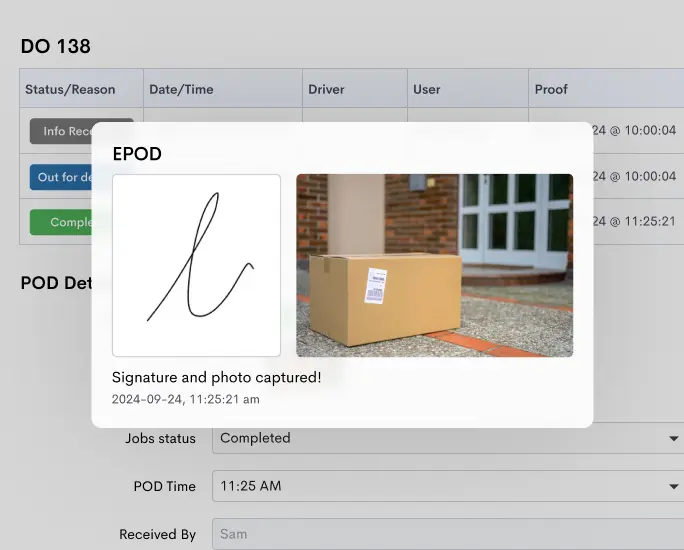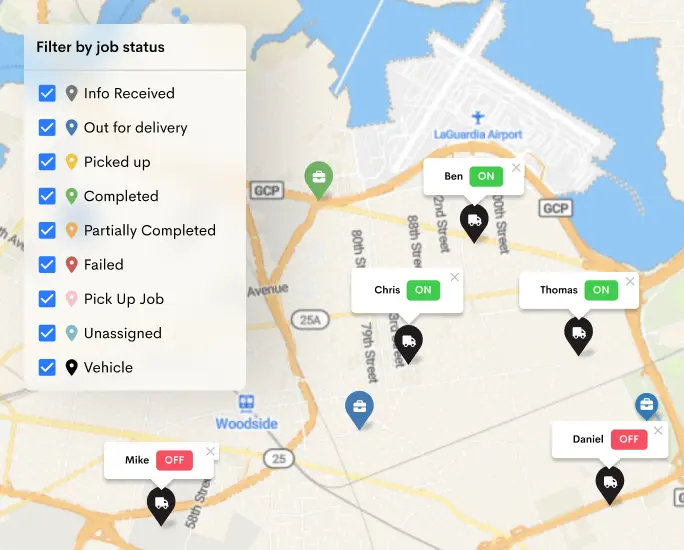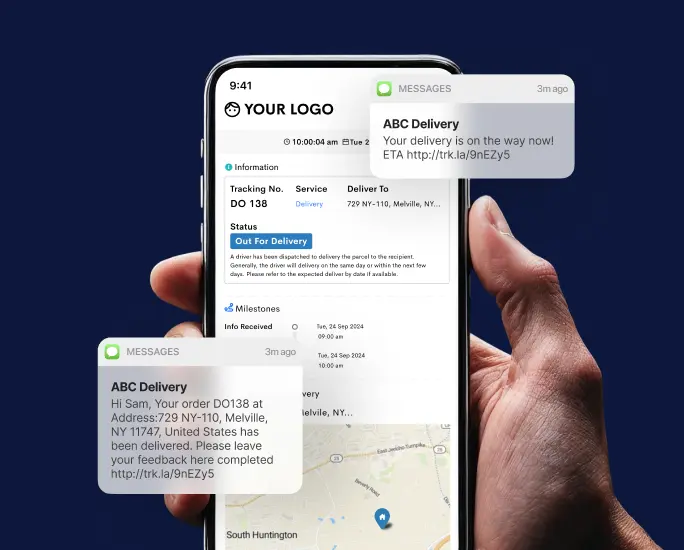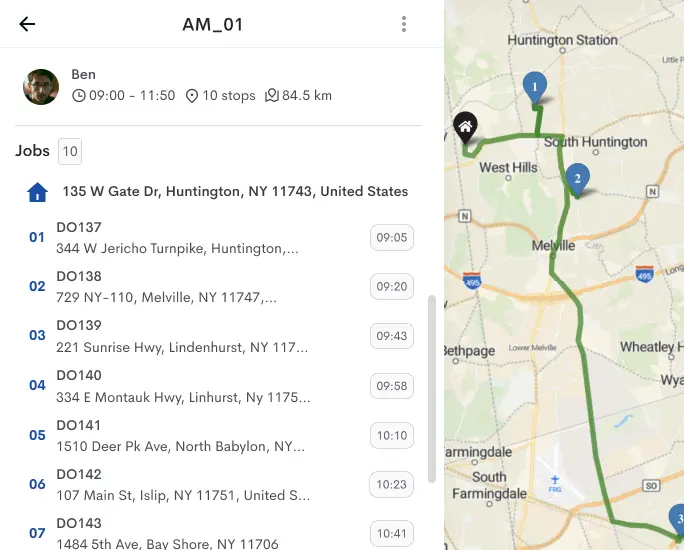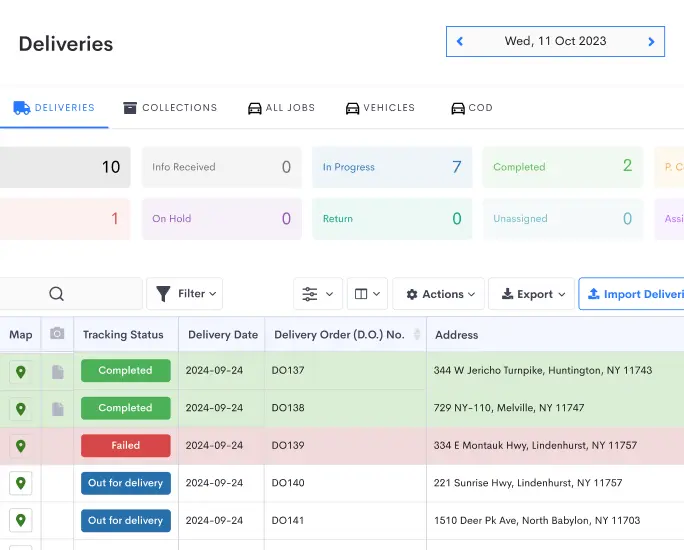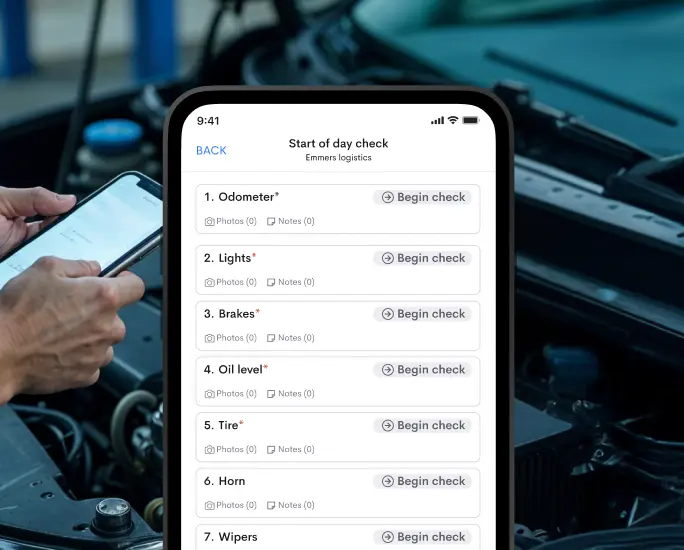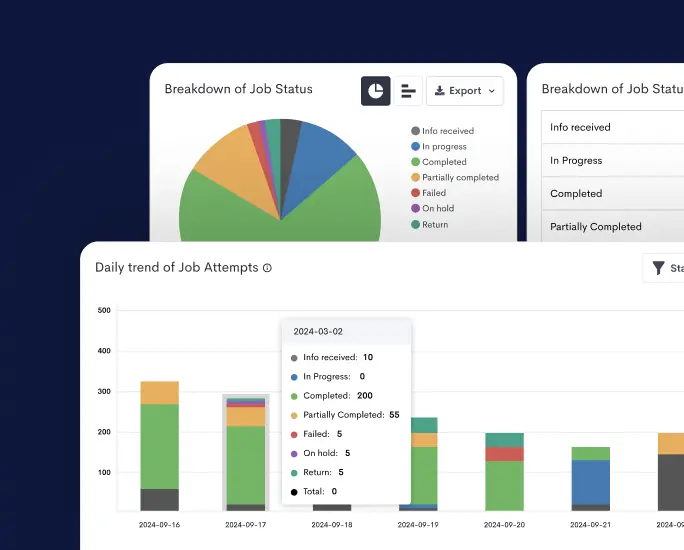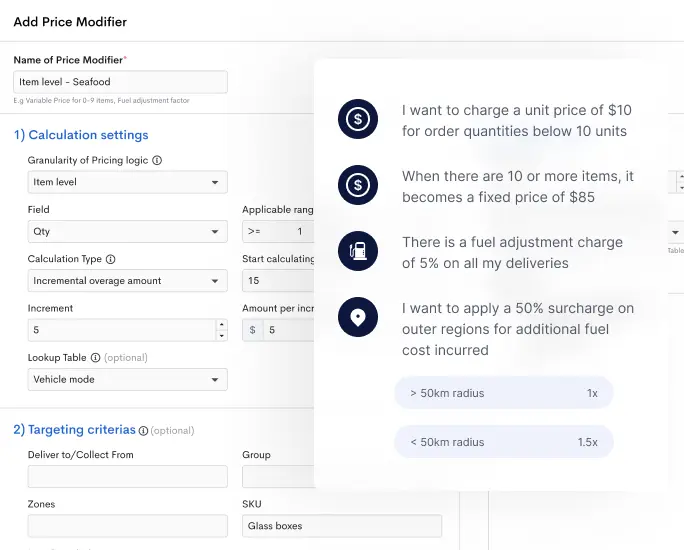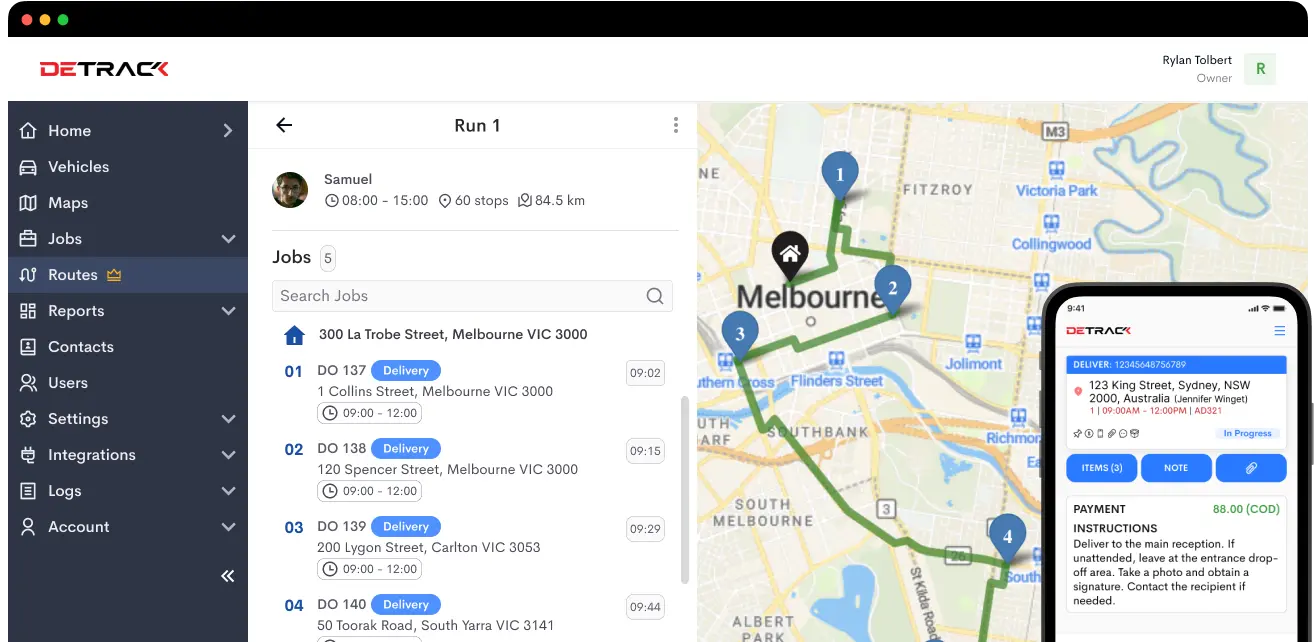Efficient dispatch operations are the lifeblood of any fleet management organization.
Whether overseeing a small delivery fleet or a large-scale transportation network, effective dispatching can make all the difference in cost savings, customer satisfaction, and overall productivity.
In this blog post, we’ll delve into best practices for fleet managers to streamline their dispatch operations and ensure smooth and cost-effective fleet management.
Understanding the Role of Dispatch Operations
Dispatch operations is the nerve center of a fleet management system. It involves the planning, scheduling, and coordinating of vehicles, drivers, and tasks to ensure that goods or services are delivered efficiently.
Dispatchers make real-time decisions, respond to unforeseen challenges, and optimize routes to meet delivery deadlines.
Efficient dispatch operations can significantly impact a company’s bottom line. Streamlining dispatch operations can lead to:
- Cost Reduction: By optimizing routes and reducing idle time, fuel consumption, and maintenance costs, businesses can save money.
- Improved Customer Service: Timely and accurate deliveries lead to satisfied customers, which can result in repeat business and positive reviews.
- Increased Productivity: Effective dispatching ensures that vehicles are used to their full capacity, reducing downtime and increasing productivity.
- Enhanced Safety: Better planning and routing can minimize the risk of accidents and ensure compliance with safety regulations.
- Data-Driven Decision-Making: Efficient dispatch operations generate valuable data that can be used to make informed decisions and continuously improve the fleet’s performance.

Best Practices When Streamlining Dispatch Operations
Embrace Technology
Technology is the linchpin of efficient dispatch operations in today’s fast-paced world. Fleet managers should invest in robust fleet management software and GPS tracking systems.
These technologies provide real-time visibility into the location and status of each vehicle in the fleet, allowing for quicker and more informed decisions.
Modern fleet management software often includes features such as route planning and optimization, predictive maintenance, and electronic logging, which can significantly enhance dispatch operations.
Route optimization, for instance, can help reduce fuel consumption and minimize travel time, while electronic logging ensures compliance with regulations and reduces administrative overhead.
Establish Clear Communication Channels
Effective communication is paramount in dispatch operations. Fleet managers should establish clear and efficient communication channels between dispatchers, drivers, and relevant personnel.
Real-time communication can be facilitated through mobile apps, two-way radios, or telematics systems.
Moreover, setting clear communication protocols and guidelines ensures that information flows seamlessly.
Dispatchers should be able to promptly relay instructions, updates, and alerts to drivers, while drivers should have a reliable means of reporting incidents, delays, or changes in the field.
Implement Dynamic Routing and Scheduling
Static, one-size-fits-all routes and schedules are inefficient and may lead to unnecessary fuel consumption and delays. Dynamic routing and scheduling software can optimize routes based on real-time data, such as traffic conditions, weather, and delivery windows.
This reduces operational costs and enhances customer satisfaction by ensuring on-time deliveries.
Dynamic routing also enables fleet managers to accommodate last-minute orders or changes to delivery routes, adapting quickly to unexpected disruptions. This flexibility is crucial in today’s competitive and unpredictable business environment.
Prioritize Vehicle Maintenance
Preventive maintenance is the cornerstone of a well-managed fleet. Regular inspections and servicing can prevent breakdowns and costly repairs, keeping vehicles on the road and reducing downtime.
Fleet managers should implement a robust maintenance schedule and track vehicle maintenance history using fleet management software.
Additionally, many modern vehicles have diagnostic sensors to detect issues before they become major problems. Fleet managers can leverage this technology to schedule maintenance proactively and ensure the safety and reliability of their fleet.
Monitor Driver Performance
The behavior of your drivers significantly impacts operational costs and customer satisfaction. Implement telematics systems that help manage drivers and track their behavior.
Use this data to identify areas where driver training or coaching may be necessary.
Recognize and reward top-performing drivers to boost morale and encourage safe and efficient driving practices. Conversely, address performance issues promptly to prevent them from becoming habitual and affecting the overall efficiency of your fleet.

Embrace Predictive Analytics
Predictive analytics can be a game-changer for fleet managers. By analyzing historical data and real-time information, you can predict maintenance needs, fuel consumption, and even driver behavior. This allows for proactive decision-making and cost savings.
For example, data analytics can help you identify which vehicles will likely experience breakdowns shortly, enabling you to schedule maintenance before a major issue occurs.
It can also suggest optimal routes and schedules based on historical traffic patterns and delivery data.
Monitor Fuel Efficiency
Fuel is one of the most significant ongoing expenses for any fleet. Monitoring and improving fuel efficiency should be a top priority for fleet managers. Here are some strategies to consider:
- Driver Training: Provide drivers with fuel-efficient driving techniques, such as reducing idling time, avoiding rapid acceleration and deceleration, and maintaining a steady speed.
- Route Optimization: Use route optimization software to plan the most fuel-efficient routes. Minimize unnecessary miles and avoid congested areas when possible.
- Vehicle Maintenance: Ensure that vehicles are properly maintained. Regular maintenance, including tuning engines, inflating tires to the correct pressure, and replacing air filters, can significantly improve fuel efficiency.
- Fuel Cards: Implement fuel cards that track fuel purchases and provide insights into fuel usage patterns. These cards can also help you identify instances of fuel theft or misuse.
Invest in Driver Training and Development
Well-trained and motivated drivers are a valuable asset to any fleet. Invest in ongoing driver training programs focusing on safety, fuel efficiency, and customer service.
Continuous education improves driver performance and reduces the risk of accidents and costly repairs.
Moreover, driver development can lead to better customer interactions. Courteous and professional drivers contribute to positive customer experiences and can help build brand loyalty.
Streamline Dispatch Operations with Detrack
In conclusion, efficient dispatch operations are the lifeblood of any fleet management system and can significantly impact a company’s bottom line. Fleet managers can transform their dispatch operations into well-oiled machines by implementing the best practices discussed in this blog post and leveraging advanced tools like Detrack.
Detrack is a powerful and versatile tool designed to streamline dispatch operations for businesses that rely on efficient and reliable deliveries.
With Detrack, fleet managers can optimize their dispatching processes, ensuring that goods and services are delivered promptly and cost-effectively. This software offers a range of features to enhance dispatch operations, including real-time GPS tracking, route optimization, and communication tools that facilitate seamless interactions between dispatchers and drivers.
So, whether you’re managing a small delivery fleet or a large logistics operation, remember that the key to success lies in streamlining your dispatch operations. Detrack is here to help you do just that.
Try Detrack today!

